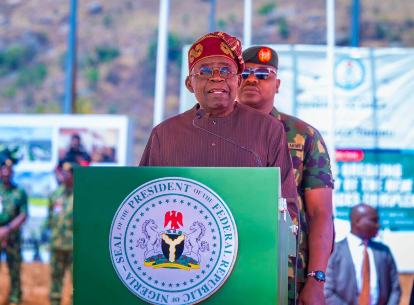
Multiple U.S. federal agencies are set to release investigative documents related to a 1990s drug case involving President Bola Ahmed Tinubu this Friday, May 2, following a court order. The reports, expected from the Federal Bureau of Investigation (FBI), Department of State, Drug Enforcement Administration (DEA), Internal Revenue Service (IRS), and other agencies, stem from a freedom of information lawsuit filed by American journalist Aaron Greenspan.
The directive came from Judge Beryl Howell of the U.S. District Court for the District of Columbia, who ruled in early April that withholding the documents was “neither logical nor plausible.” The case relates to Greenspan’s June 2023 Freedom of Information Act (FOIA) request seeking records on Tinubu and three others—Lee Andrew Edwards, Mueez Abegboyega Akande, and Abiodun Agbele—allegedly linked to a narcotics investigation.
Between 2022 and 2023, Greenspan submitted 12 FOIA requests to six U.S. agencies, pushing for transparency on a joint probe by the FBI, IRS, DEA, and U.S. Attorney’s Offices for the Northern and Northern Districts of Illinois and Indiana. While the Central Intelligence Agency (CIA) was initially exempted, the court later included it in the disclosure mandate.
Presidency sources, however, maintain that the impending release contains no new damaging information. Legal representatives had earlier noted that the order could be appealed, but as the deadline approaches, global attention has turned to the potential implications for Nigeria’s political landscape.
The reports’ release coincides with heightened scrutiny of Tinubu’s past, though his administration has repeatedly dismissed the decades-old allegations as politically motivated. Analysts suggest the documents may reignite opposition criticism but are unlikely to significantly impact his presidency unless they reveal previously undisclosed legal violations.
As the countdown to May 2 continues, Nigerian authorities brace for the fallout, even as U.S. officials prepare to comply with the court’s directive. The development marks a pivotal moment in the long-running controversy surrounding Tinubu’s U.S. history, with potential ramifications for Nigeria’s domestic and international standing.






